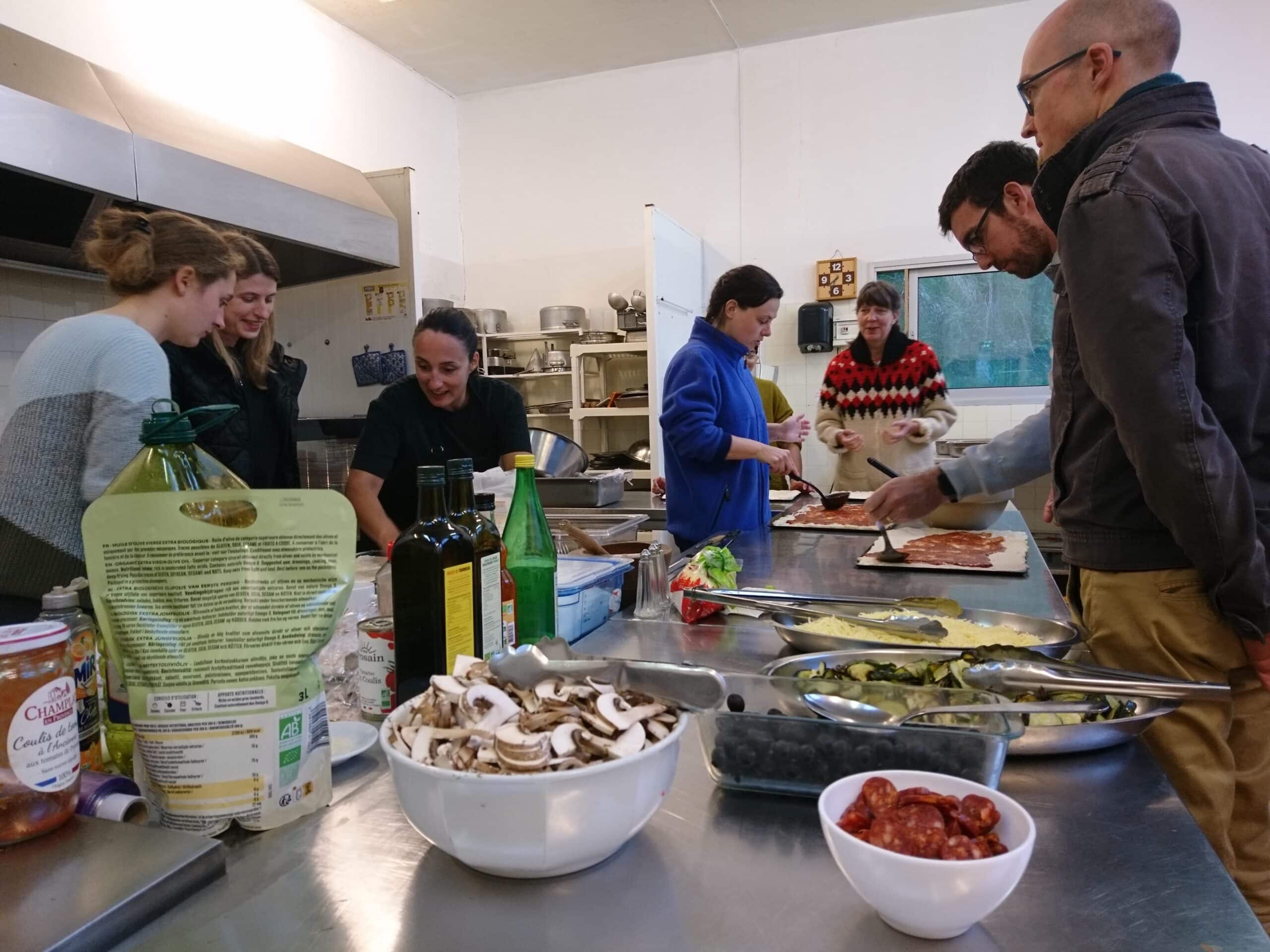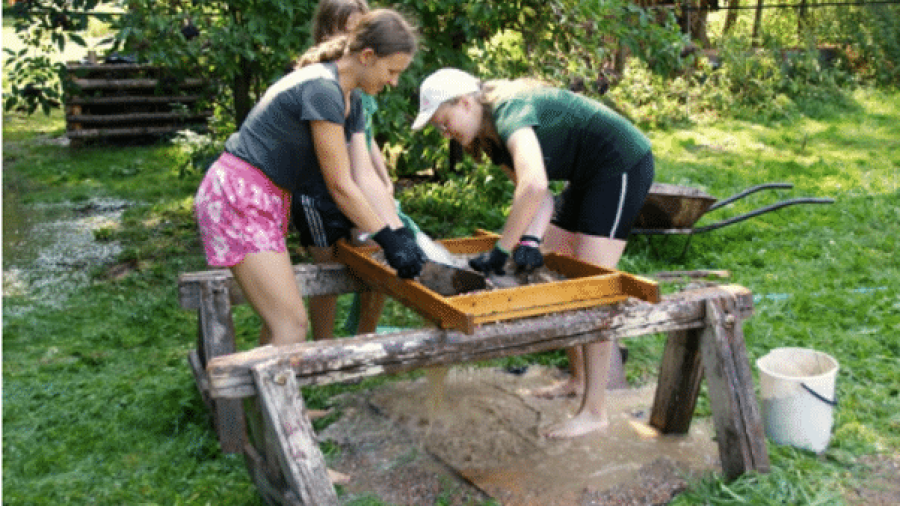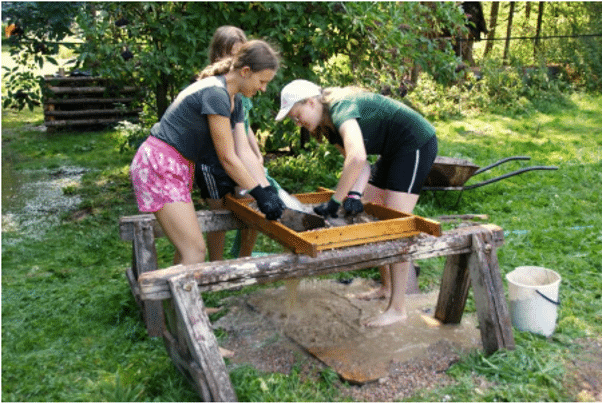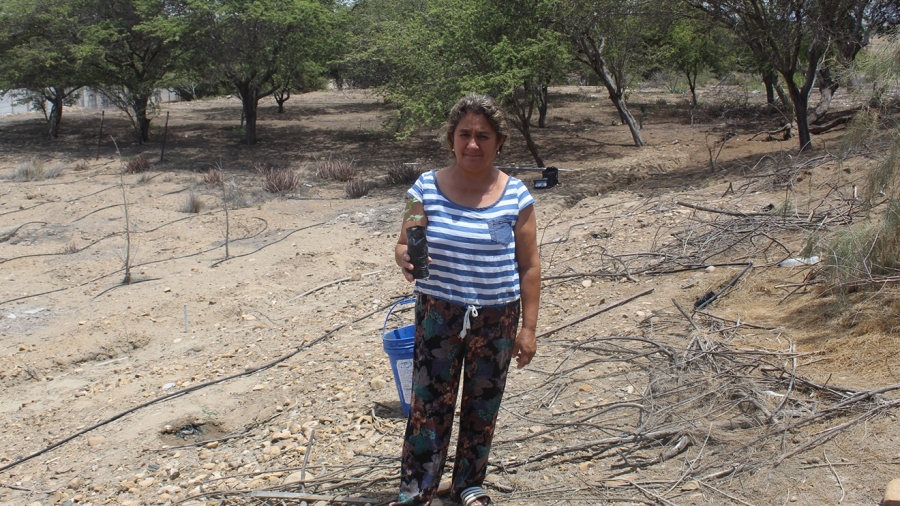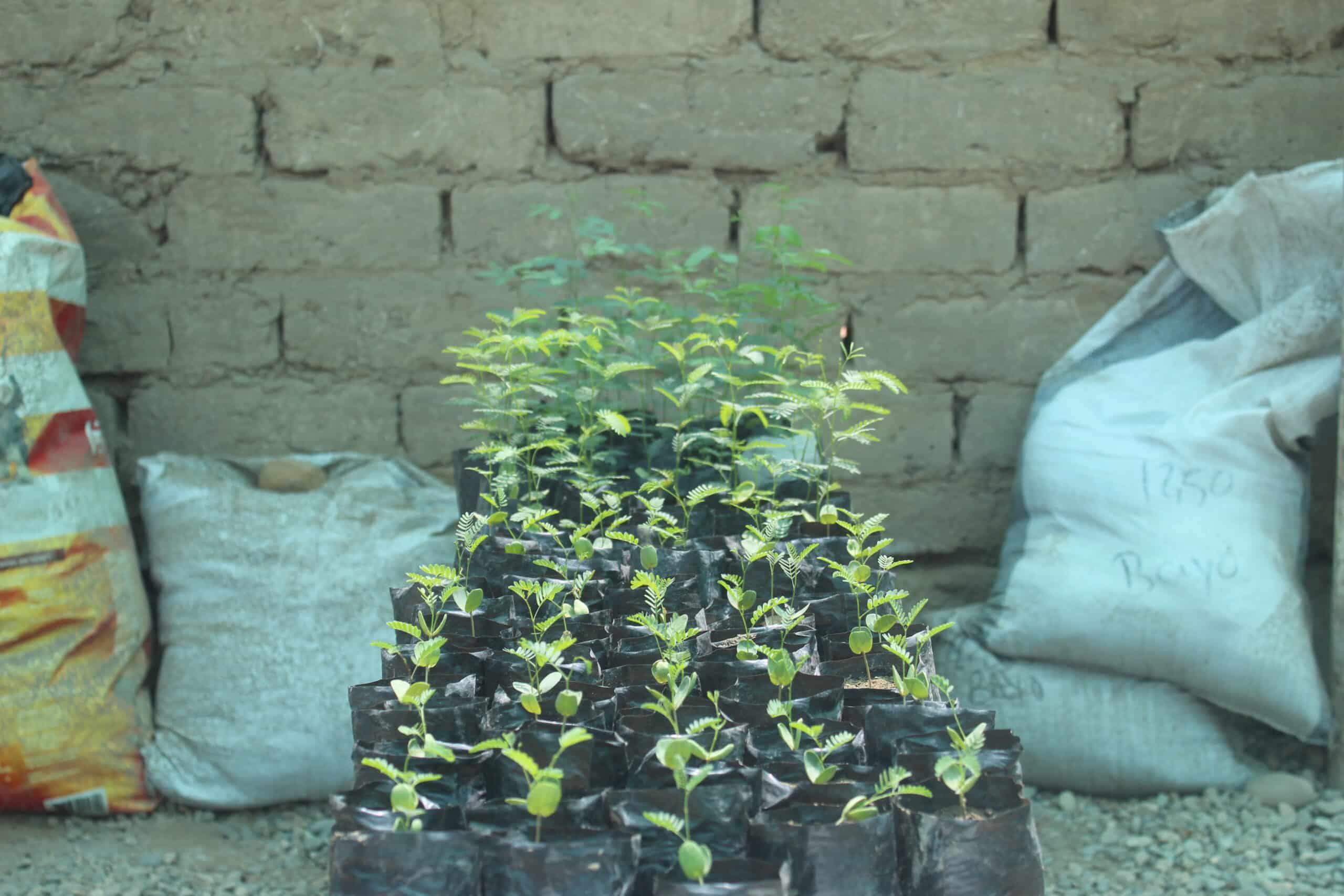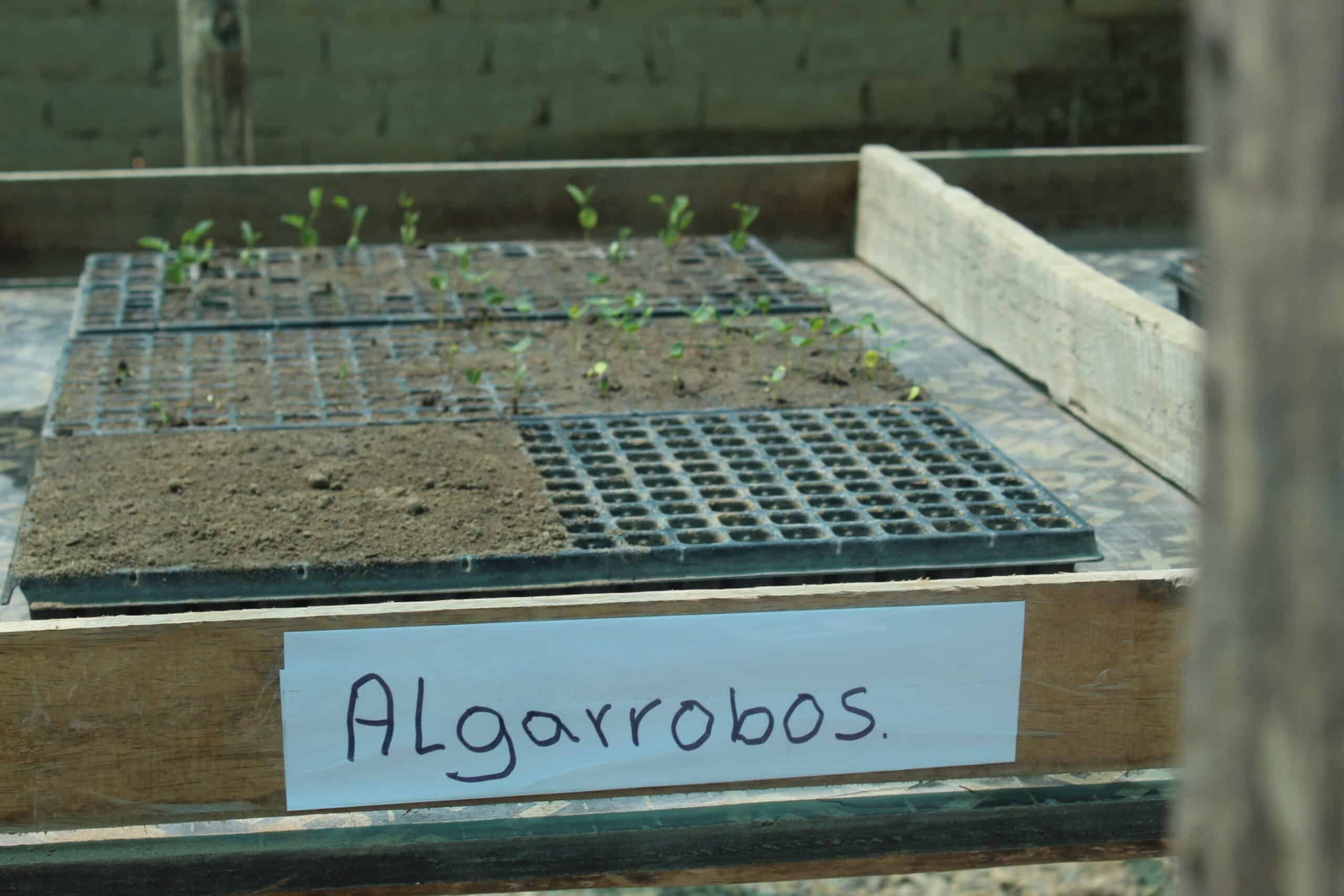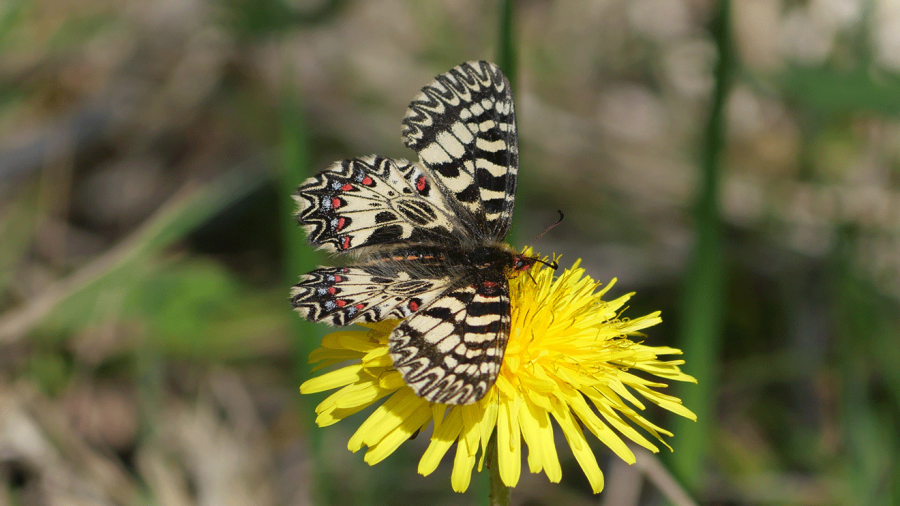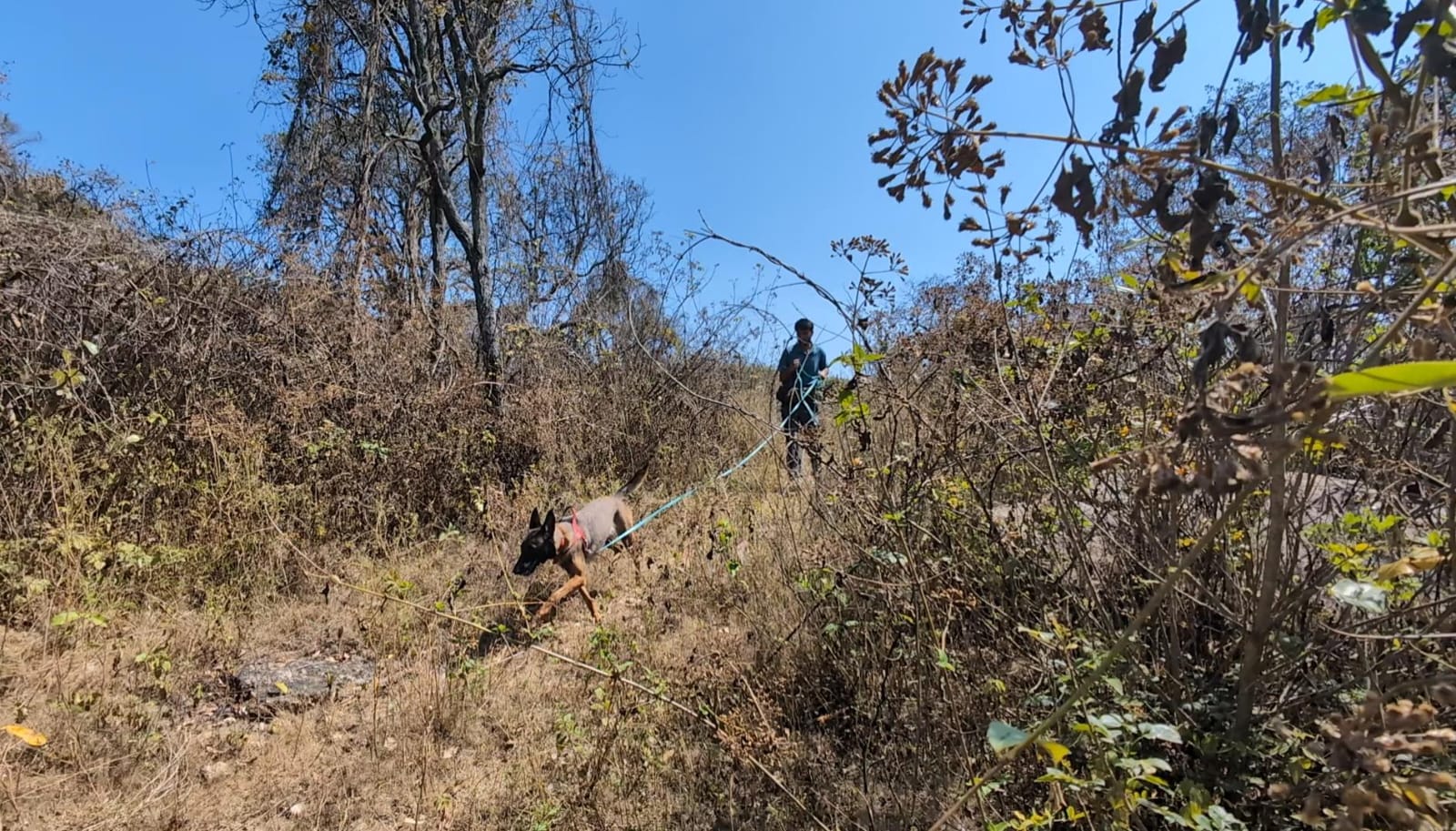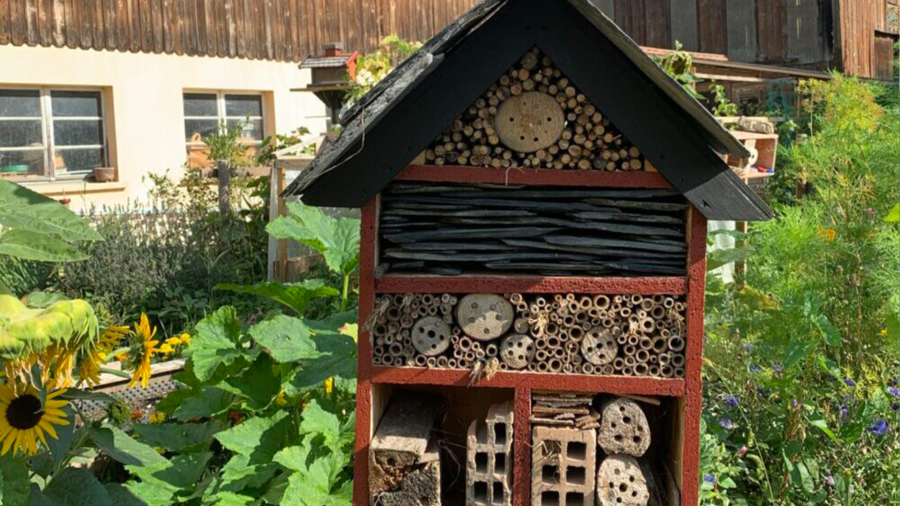Our latest Annual Review is hot off the press! Woven through its pages are people loving God, each other and the wider creation with their hearts and minds, restoring and protecting species and habitats, and sparking others with the knowledge to do likewise in classrooms, communities, churches and international fora. We’ve got diverse examples of environmental education on one spread; a highlight from each A Rocha Organization on another. You want to hear about forests? Our marine work? Engagement with churches? We’ve covered that too. There’s even a spread on our family-wide strategy, if that grabs you. Travel the world through these pages and be encouraged with us, and be inspired to get involved in caring for your own particular place, wherever it may be.
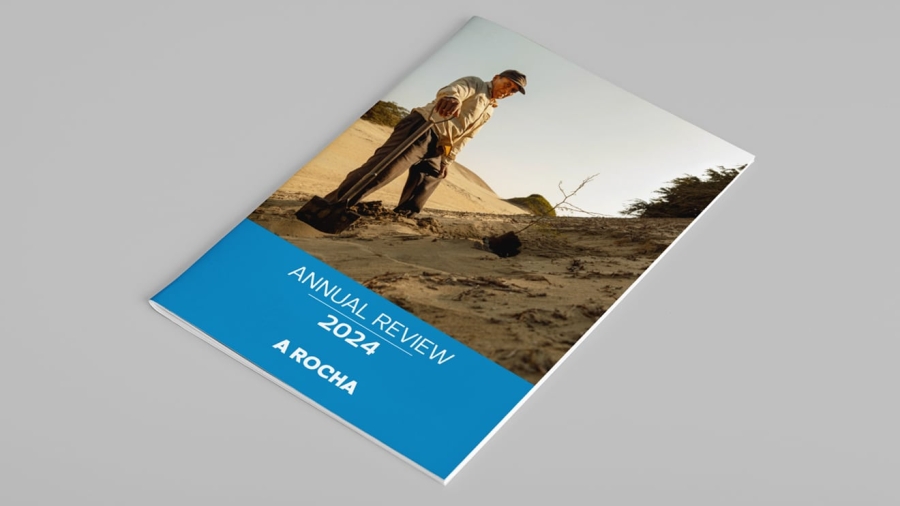
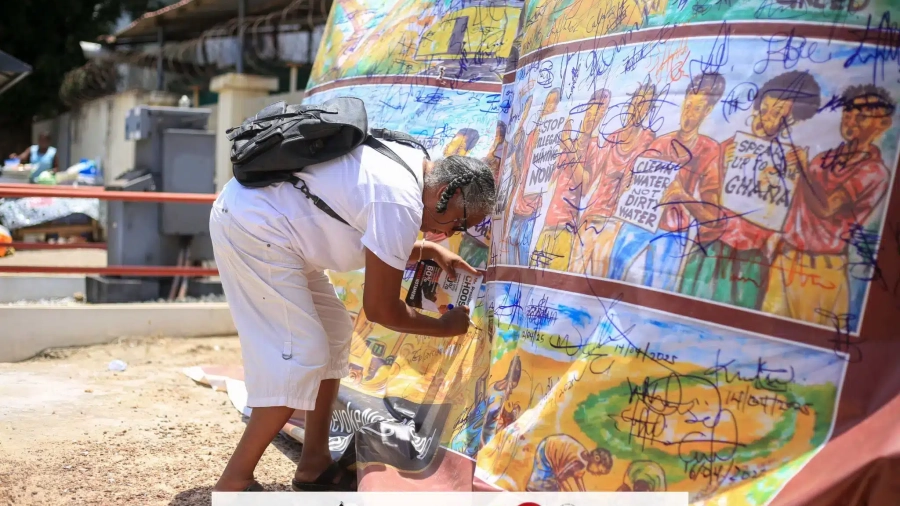
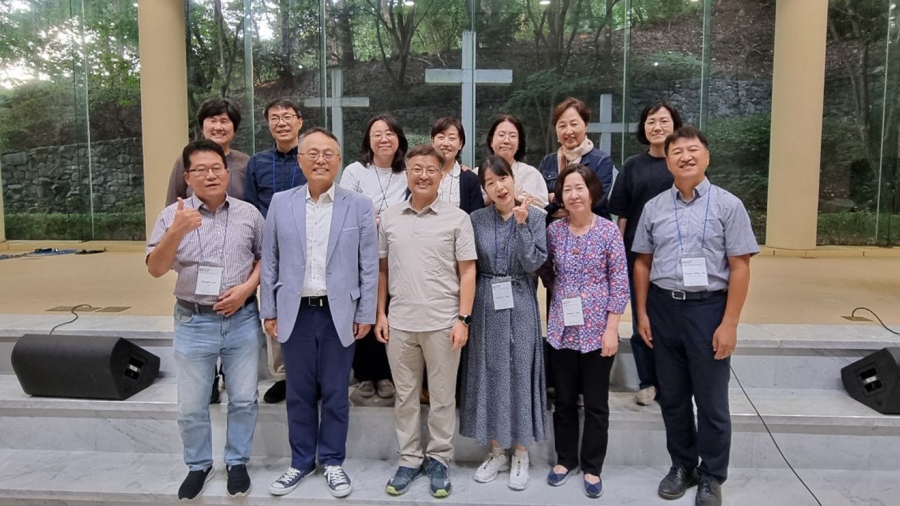
![DSC_2036[1]](https://arocha.org/wp-content/uploads/2025/04/DSC_20361-scaled-900x506.jpg)

